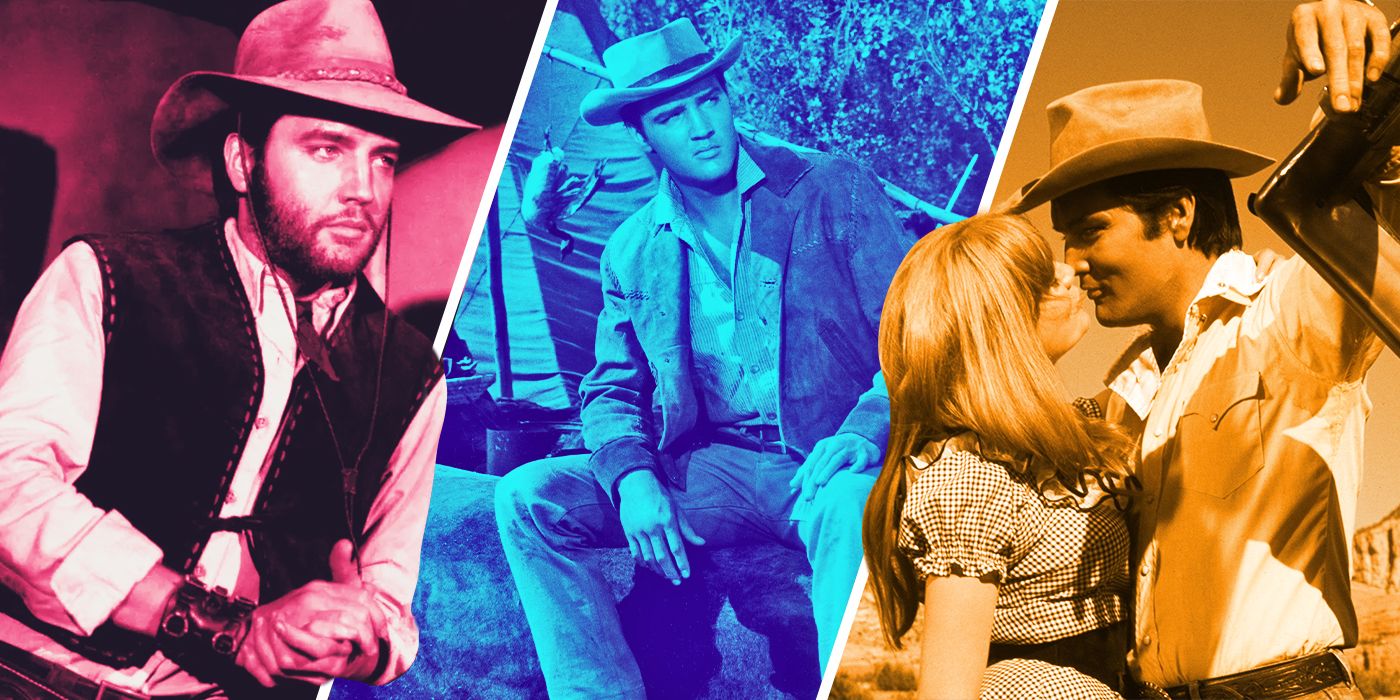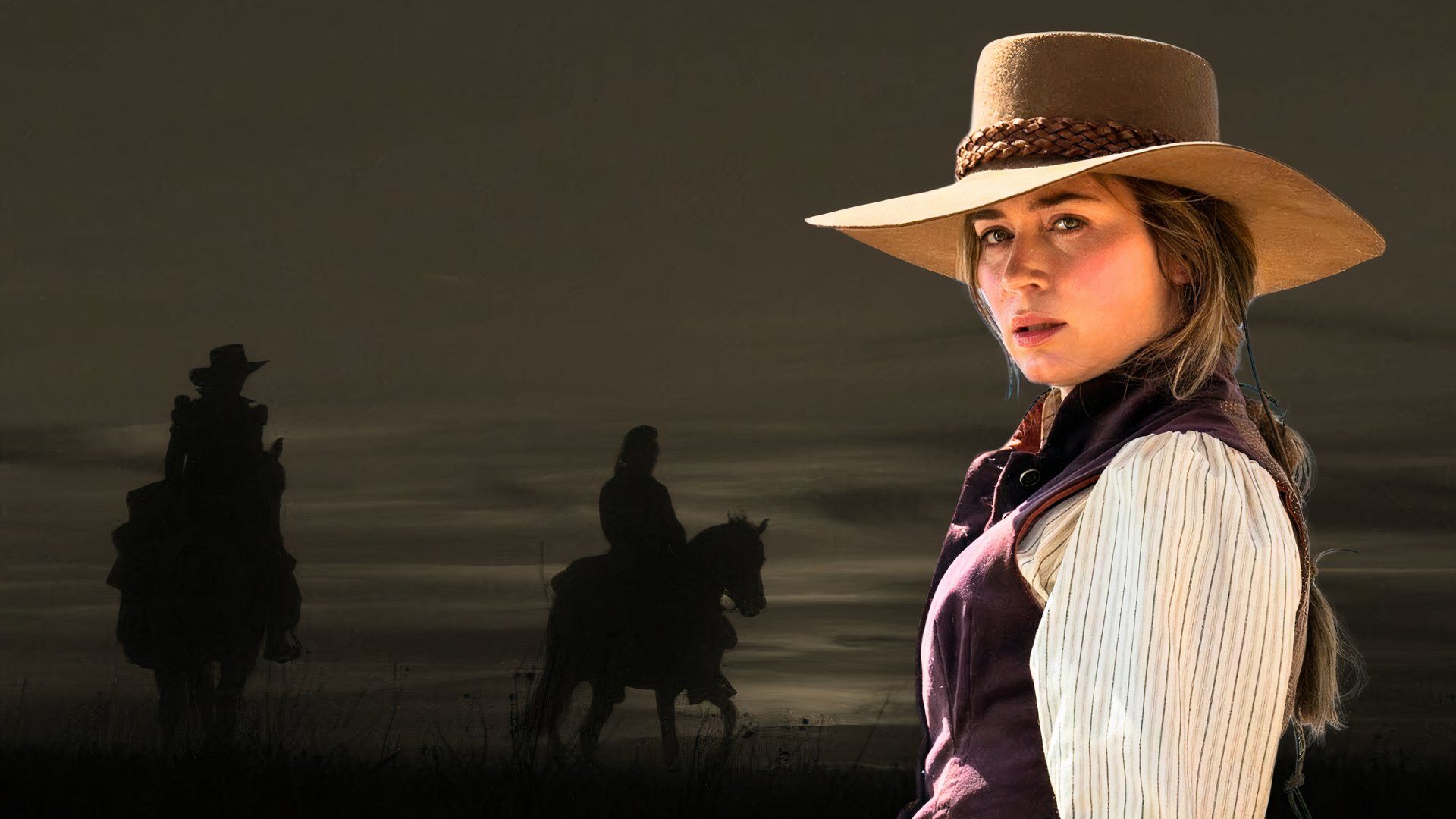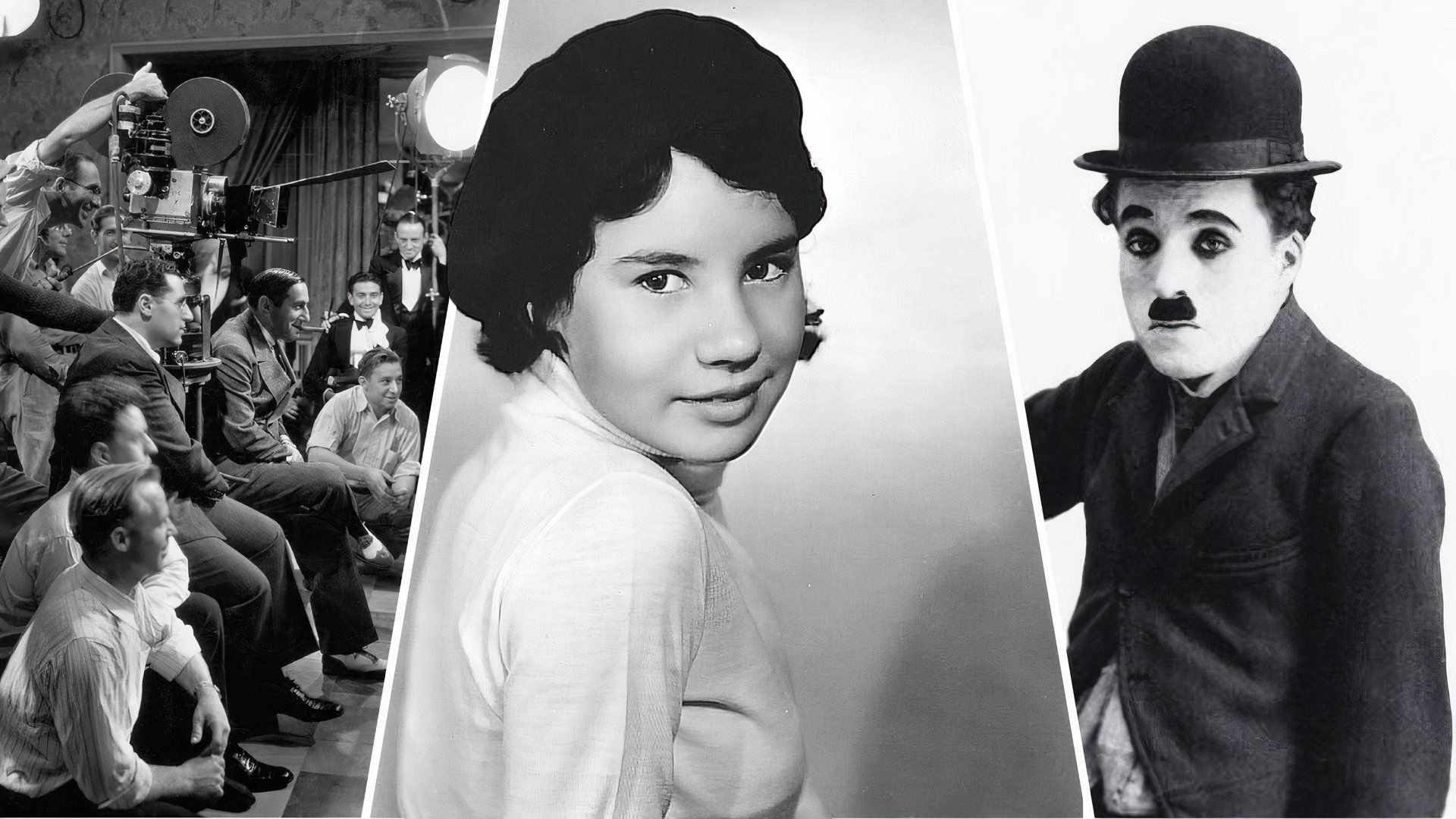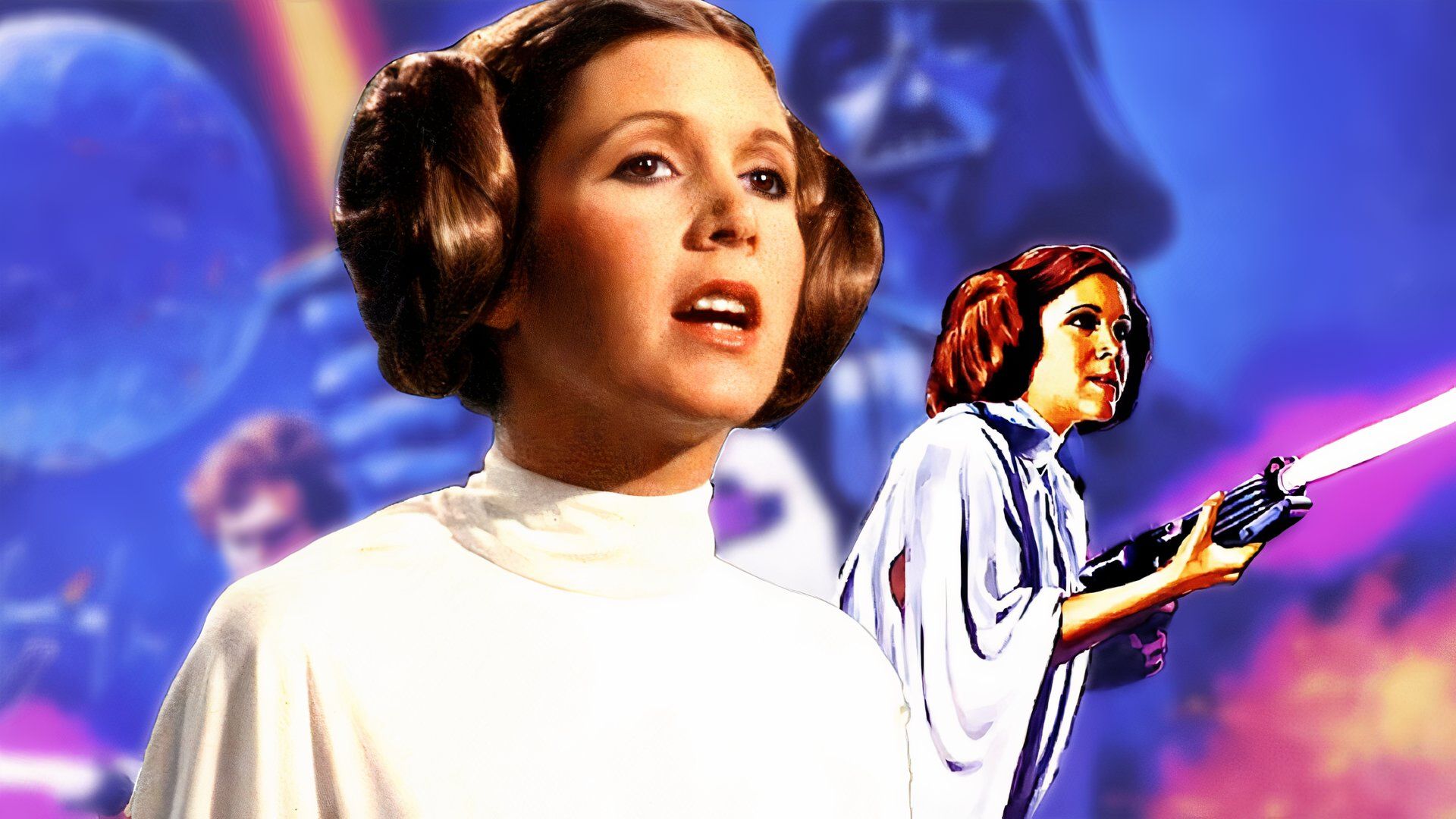Summary
- Flaming Star showcases Elvis Presley’s unfulfilled acting potential under the direction of Don Siegel in a dark and violent Western film.
- Presley shines in this intense film, revealing Pacer’s conflicted emotions and identity through expression and movement, not just words.
- Despite initial promise, Presley’s serious acting ambitions were derailed by his manager’s focus on profit over artistic quality in subsequent films.
Elvis Presley starred in 31 feature films of increasingly deteriorating quality between 1956 and 1969. Presley’s acting career concluded so disappointingly that it’s easy to forget how much promise Presley showed as an actor in the beginning phase of his acting career. The 1958 musical drama film King Creole, for which Presley received excellent reviews for his performance as a juvenile delinquent and nightclub singer who becomes embroiled in the criminal underworld of New Orleans, was directed by the estimable Michael Curtiz, whose impressive list of feature directorial credits includes The Adventures of Robin Hood, Captain Blood, The Sea Wolf, and, of course, Casablanca.
However, Presley’s most interesting feature film performance is contained in the 1960 Western film Flaming Star, which was directed by Don Siegel, an action specialist who previously directed the first Invasion of the Body Snatchers film and later directed Clint Eastwood in five films, most notably the first Dirty Harry film. Moreover, the screenplay for Flaming Star was co-written by Nunnally Johnson, the Oscar-nominated screenwriter of the acclaimed 1940 film adaptation of John Steinbeck’s iconic novel The Grapes of Wrath.
Indeed, Flaming Star, more than any other Presley film with the possible exception of King Creole, is a testament to how effectively and interestingly Presley could have developed as an actor had Presley continued to align himself with talented filmmakers throughout the rest of his career. Of course, Presley’s serious acting ambitions were ultimately sabotaged by Presley’s myopic longtime manager, Colonel Tom Parker, who increasingly orchestrated Presley’s starring film vehicles to serve as nothing more than lame advertisements for Presley’s soundtrack albums.
Elvis Presley Is Caught Between Two Worlds
In Flaming Star, which is set along the Texas frontier in 1878, Elvis Presley plays Pacer Burton, the son of a Kiowa mother and white Texan father. Pacer’s conflicted sense of identity is exacerbated after a nearby tribe of Kiowa warriors starts attacking nearby homesteads. Throughout the film, Pacer increasingly feels adrift between these two worlds, in which he doesn’t feel that he truly belongs anywhere.
Under the crisp, economical direction of Don Siegel, Flaming Star enables Presley to project his character’s conflicting emotions and identity mostly through expression and movement, instead of dramatic speeches. Presley’s Pacer is a young man of few words whose essentially brooding presence reflects a long-held sense of confusion and resentment, which Presley reveals with great dramatic power. The plot of Flaming Star places increasing pressure upon Pacer, who is simultaneously pressured by the Kiowa and white people to choose a side in this conflict, which intensifies when Pacer’s Kiowa mother dies after having been shot by a white neighbor whose family was massacred by Kiowa warriors.
The death of his mother compels Pacer to consider joining Kiowa trial leader Buffalo Horn in the tribal leader’s quest to banish the white homesteaders, including Pacer’s father and white half-brother, from Native land. Having started the film as a brother and peacemaker and son, Pacer finds himself being irrevocably drawn toward violence and war by the mystical flaming star of death, which refers to a Kiowa symbol of death.
Best Elvis Presley Movies, Ranked
Let’s get into it with this icon. Here is our ranking of the best Elvis Presley movies.
Flaming Star Is Dark and Violent
Aside from arguably being the best Elvis Presley film, Flaming Star is one of the most intense and violent Western films of its era. This reflects the influence of director Don Siegel, who makes the violence in Flaming Star seem especially disturbing because of how effectively the film establishes its characters as real people instead of standard Western archetypes.
Moreover, the specter of violence that permeates the film creates palpable tension, regardless of whether a given scene erupts into actual violence. This is established in the film’s opening scene, in which Pacer and Pacer’s brother, Clint, approach their Texas family ranch on horseback one moonlit night. As they approach the ranch, they become unnerved by the silence that surrounds the house. It feels like the aura of death is present. However, upon cautiously entering the house, Pacer and his brother are surprised by their family and friends, who have gathered at the house to celebrate Clint’s birthday.

12 Actors Who Have Played Elvis Presley, Ranked
Austin Butler wasn’t the first actor to play Elvis. Indeed, here are the greatest and weirdest portrayals of The King in film throughout the years.
The bleak, dark tone of Flaming Star is most clearly embodied in the film’s merciless and uncompromising ending, in which Presley does an excellent job of revealing Pacer’s ultimate transformation. Like the great 1953 Western film Shane, which ends with the film’s bleeding and presumably dying titular character riding out of a valley, Flaming Star ends with a slumping, wounded Pacer following his own flaming star of death.
Flaming Star Highlights Elvis’s Wasted Acting Potential
Upon the start of his film career, Elvis Presley expressed an ambition to emulate his acting idols, James Dean and Marlon Brando, in terms of expanding his own dramatic range as a film actor. However, the relatively disappointing box-office performance of Flaming Star, which wasn’t accompanied by a soundtrack album, heralded the end of Presley’s dramatic aspirations. While Presley might never have become a great dramatic actor, his compelling performance in Flaming Star, for which Brando and Frank Sinatra were originally slated to star in the film, proves that Presley wasn’t a joke as an actor.
That was until manager Colonel Tom Parker destroyed Presley’s credibility as an actor by placing Presley in a string of insipid film vehicles, for which the sole criteria of selection was the size of Presley’s salary. Indeed, beginning with the 1961 comedy-drama film Blue Hawaii and ending with Change of Habit, the most interesting aspect of Presley’s subsequent films is how unhappy Presley seemed to be in them. In this context and that of Presley’s sad final days, Presley’s performance in Flaming Star carries an additional level of poignancy, which makes the film’s grim ending seem especially tragic in retrospect. Stream on FuboTV.



